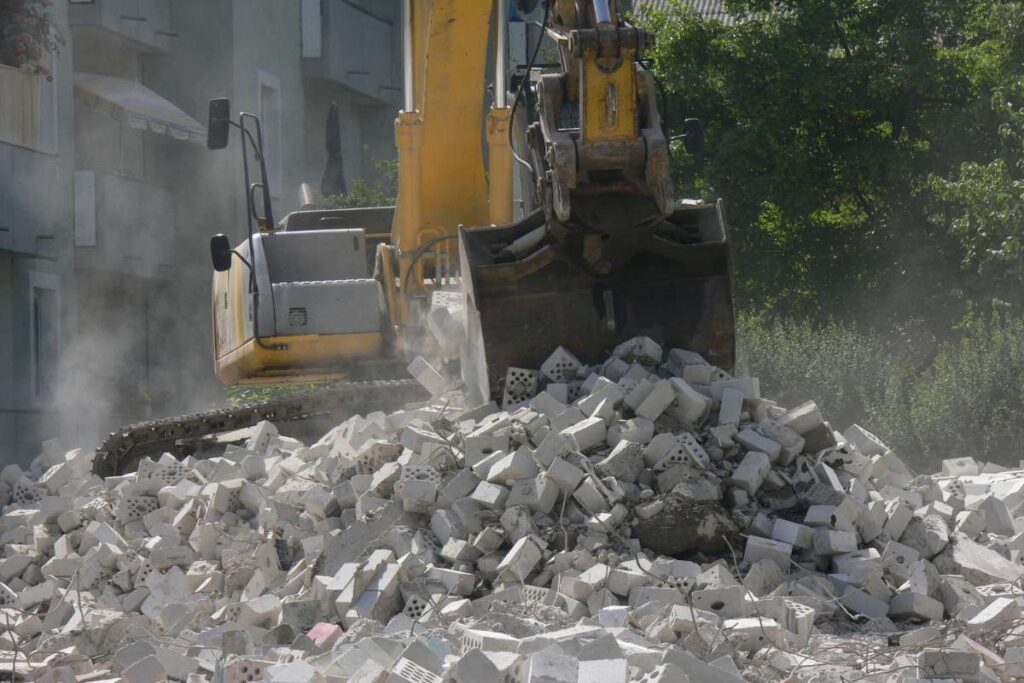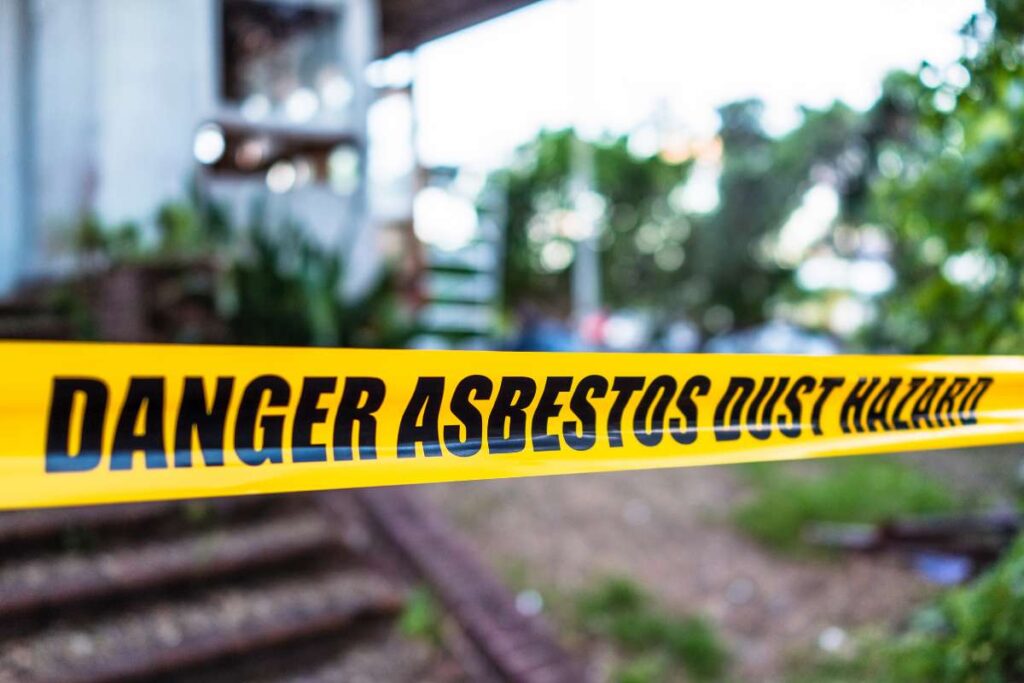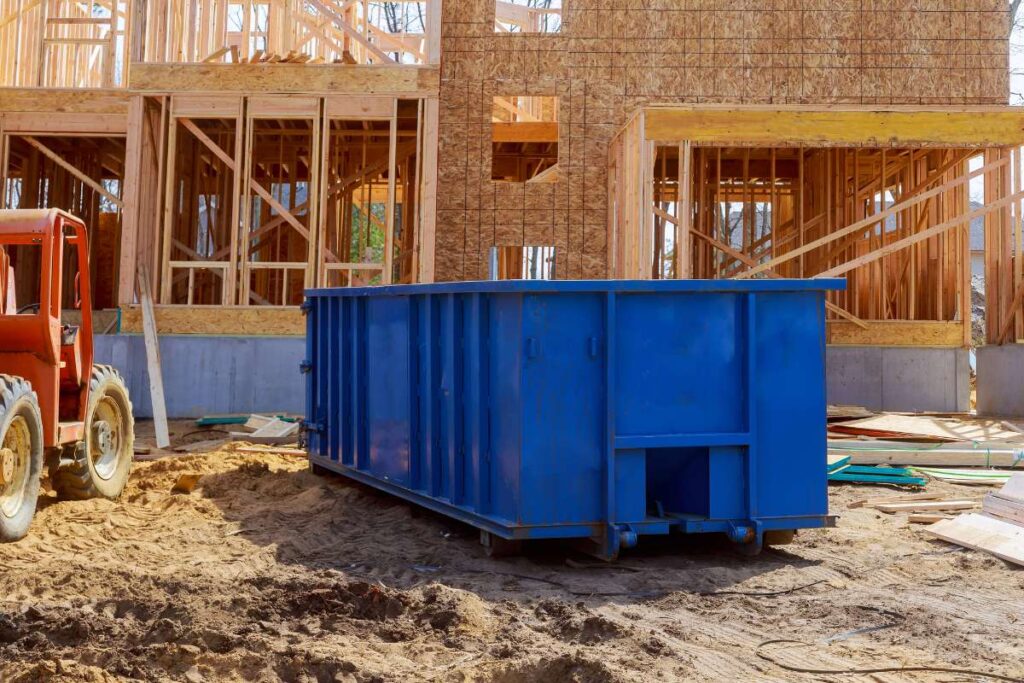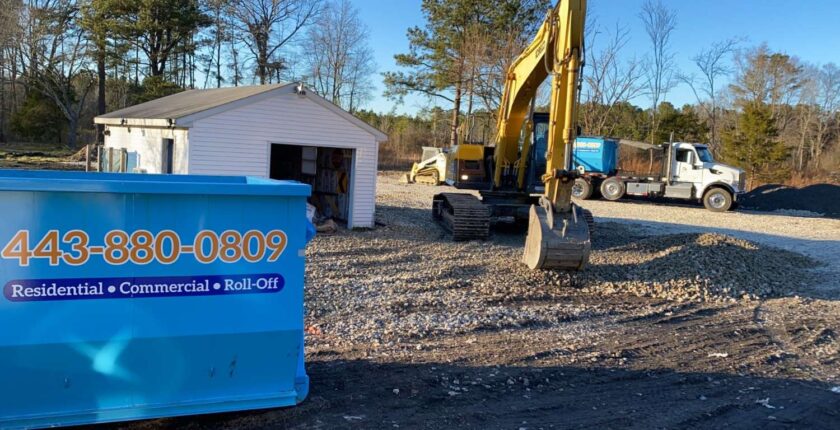Construction Site Waste Management: Best Practices for Builders
The construction industry is a major contributor to waste generation, producing vast amounts of debris and unused materials. From new builds to renovations, each construction phase can create significant waste, impacting environmental and economic health. Therefore, efficient construction site waste management is crucial to minimizing waste-related issues and promoting sustainability.
At Seagull Disposal, we understand the challenges of managing construction site waste and offer tailored solutions to address them. Our construction dumpsters and comprehensive waste services are designed to help builders and contractors keep their sites clean and organized. By partnering with us, you can access reliable waste management that adheres to all regulatory requirements, enhancing your project’s efficiency and sustainability.
Now, we will explore the best ways to streamline the construction waste management process and highlight what Seagull Disposal can offer to your project. We aim to provide practical advice and services that align with your construction goals, ensuring optimal waste handling and disposal throughout your project’s lifecycle.
Types Of Construction Site Waste
Construction projects generate various waste materials, each requiring different management strategies. These range from excess building materials to packaging and hazardous waste, all of which can significantly impact a project’s cost and environmental footprint. Understanding the types of waste generated can help plan effective disposal and recycling strategies.
Common Types of Waste Produced
On most construction sites, common solid waste materials include wood, concrete, metal, and plastic. These materials often result from excess supplies, cut-offs, packaging, and demolition activities. Each has its own standard disposal method, including recycling, repurposing, or landfilling, depending on the material’s condition and local regulations.
Common types of waste produced include:

- Wood: Wood waste often originates from excess materials, cut-offs, and demolition waste during construction projects. It can be repurposed for other construction needs or processed for energy recovery, depending on its treatment and condition.
- Concrete: Concrete debris is typically generated from demolition and excess from new construction projects. It can be crushed and reused as aggregate for new construction projects, significantly reducing the need to mine new materials.
- Metal: Metal waste includes offcuts and surplus materials from construction sites. Highly recyclable, metal can be collected and sent to recycling facilities, where it is processed and reused, thereby reducing the environmental impact of mining new ores.
- Plastic: Plastic waste from construction sites mainly comes from packaging and discarded construction materials. Recycling and proper disposal of plastic are crucial to prevent environmental pollution and manage non-biodegradable waste effectively.
Proper disposal of these common waste types is essential to avoid environmental harm and comply with waste management laws. If you have questions about what to do with certain types of waste, reach out to professionals who can help you.
Uncommon/Hazardous Types of Waste Produced
Certain construction activities also generate less common or hazardous waste types, such as asbestos, paint, solvents, and chemical containers. If not handled correctly, these materials pose significant health risks and environmental hazards. Proper waste management is critical to ensuring the safety of workers and the public.
Uncommon types of waste include:

- Asbestos: Asbestos is a hazardous material often found in older construction and demolition sites. Special care must be taken during its removal and disposal due to its cancer-causing fibers, requiring trained professionals and strict adherence to safety regulations.
- Paint: Paint can contain harmful chemicals such as lead and volatile organic compounds. Proper disposal typically involves special facilities that can safely handle these substances to prevent environmental contamination and health risks.
- Solvents: Solvents used in construction can be highly toxic and pose significant environmental and health hazards if mishandled. They require careful handling, specialized disposal methods, and are usually subject to strict regulations to prevent air and water pollution.
- Chemical Containers: Containers that once held chemicals pose a risk of contamination if not properly cleaned or disposed of. They must be handled according to hazardous waste management protocols to ensure no residual chemicals harm the environment or human health.
Handling and disposing of hazardous construction waste requires specialized knowledge and equipment. It is subject to strict regulations that dictate how each type should be treated to mitigate risks of contamination or exposure. Workers handling these materials need appropriate training and protective gear to ensure their safety and compliance with legal standards.
Implementing A Construction Waste Management Plan
Effective waste management on construction sites begins with a robust plan that outlines how waste will be handled, reduced, and disposed of. This plan should be developed during the project’s planning phase to ensure all team members understand their roles in managing waste.
Planning Phase
Developing a construction waste management plan is an essential step before any actual construction begins. It involves identifying the types of waste that will be generated and determining the best disposal methods. A well-crafted plan not only helps in avoiding legal complications but also enhances operational efficiency.

Researching local waste disposal laws and facilities is important to avoid fines and ensure proper disposal. Establishing waste reduction and recycling goals at the outset can significantly decrease the waste sent to landfills. Assigning clear roles and responsibilities within your team ensures everyone knows their part in the waste management process.
Material Sourcing
Choosing construction materials that come with minimal packaging or are made from recycled content can greatly reduce waste volume. By selecting suppliers who prioritize sustainability, builders can decrease the environmental impact of their projects. This approach not only contributes to waste reduction but can also offer cost benefits by minimizing disposal fees.
On-Site Practices
Segregating waste into recyclables, reusables, and landfillable materials from the start of construction simplifies the disposal process. Designated waste areas help keep the site organized and safe, preventing accidents and ensuring materials are disposed of correctly. Such practices make it easier to manage waste logistics and can improve overall site efficiency.

Recycling and Reuse
Working with a waste management company like Seagull Disposal can greatly facilitate the recycling and reuse of materials. Professional waste handlers can help identify which materials can be recycled, saving on disposal costs and reducing the project’s environmental impact. By prioritizing materials that can be repurposed, contractors can contribute to a circular economy, where waste is minimized, and resources are used more efficiently.
Recycling not only supports environmental goals but also enhances a construction project’s sustainability credentials. Engaging a specialized company helps achieve these recycling targets effectively. Seagull Disposal can provide guidance and services that ensure maximum material recovery, offering a practical way to manage construction waste responsibly.
How Seagull Disposal Can Improve Your Construction Waste Disposal
Seagull Disposal offers a range of waste management services, including junk removal, recycling, and dumpster rentals tailored to the needs of construction companies. Our comprehensive services help you manage all aspects of construction waste, from removal to disposal and recycling.
Our dedicated professionals handle all waste management tasks without relying on subcontractors. With our own fleet of roll-off dumpsters and extensive experience, we provide quick, efficient, cost-effective, and environmentally responsible service. Our approach ensures that your waste management solution integrates smoothly into your construction operations.
For more information on how we can assist with your construction waste management needs or to get a free quote, please call us at 443-880-0809! We would be honored to help you!

